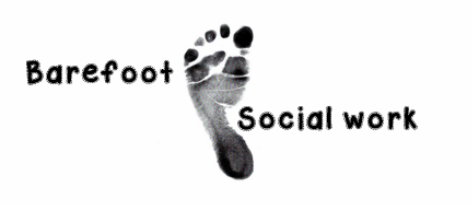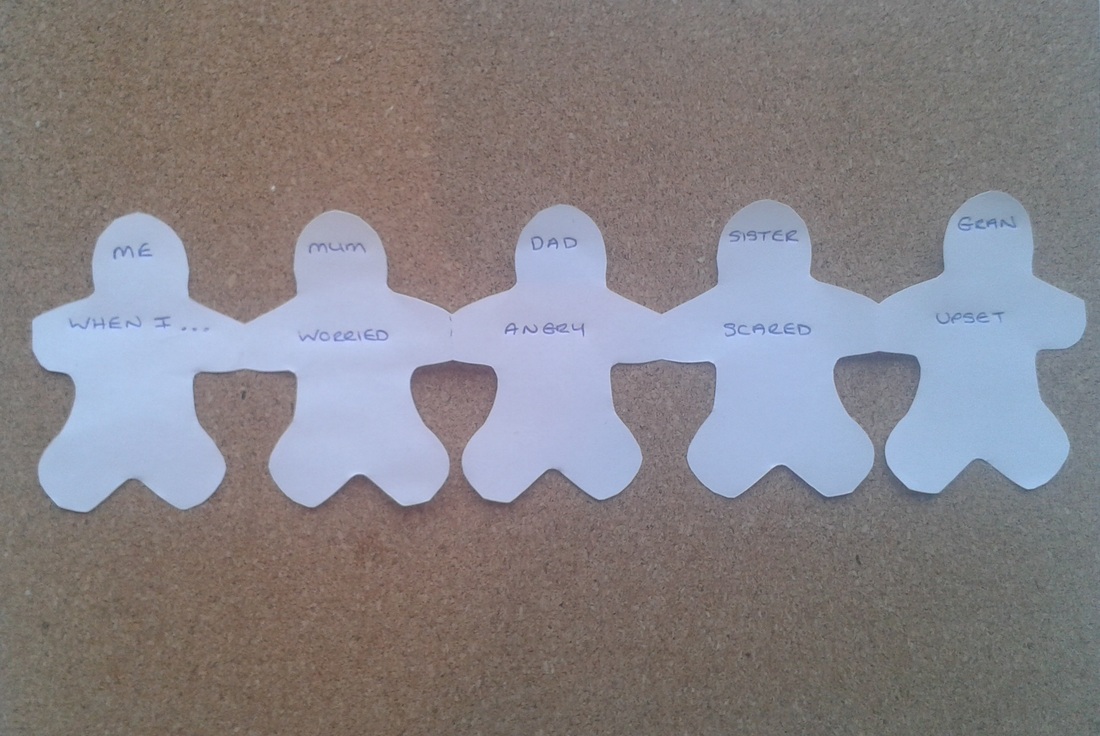|
Unlike intelligence and physical attractiveness, which depend largely on genetics, empathy is a skill that children learn. Although the best training for empathy begins in infancy, it’s never too late to start. Infants and toddlers learn the most by how their parents treat them when they are grumpy, frightened, or upset. By the time a child is in preschool, you can begin talking about how other people feel. When working with children and young people whom display complex and/or challenging behaviour I have used paper dolls to encourage them to think about how their behaviour impacts upon others and visa versa. The activity can be used in several situations and also with adults. It doesn't have to be about discussing negative behaviour. You could also use it as an opportunity for families to share pride in one another's achievements. Some families find it difficult to share emotions with one another. In this instance you might write a child's recent achievement on the first doll before passing it to other members of the family to complete their own, describing how they feel.
Another idea might be to use it as an opportunity for children to voice their feelings about a parents behaviour during child protection cases. The end result will provide the parent with a visual reminder of how their choices impact upon their children's welfare.
0 Comments
Leave a Reply. |
AuthorI'm a Qualified Children's Social Worker with a passion for safeguarding and family support in the UK. Archives
August 2016
Categories
All
|


